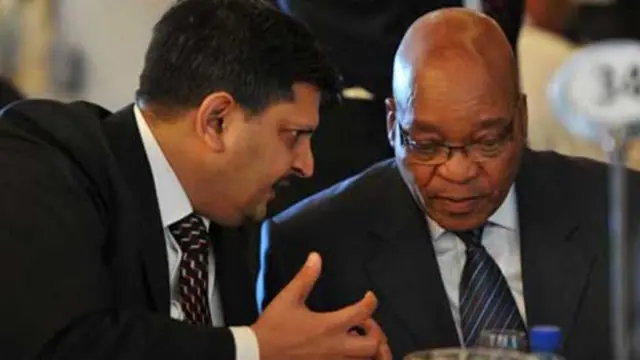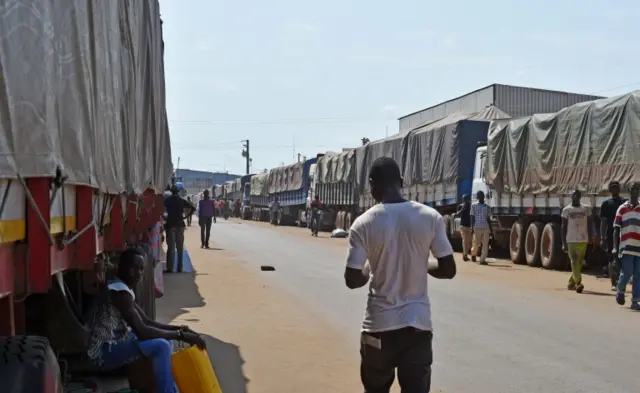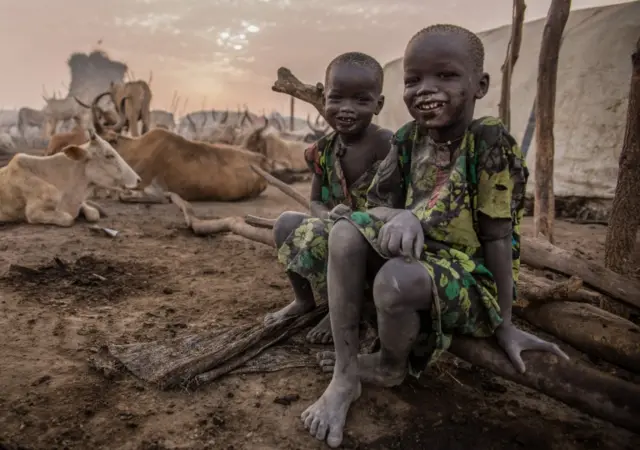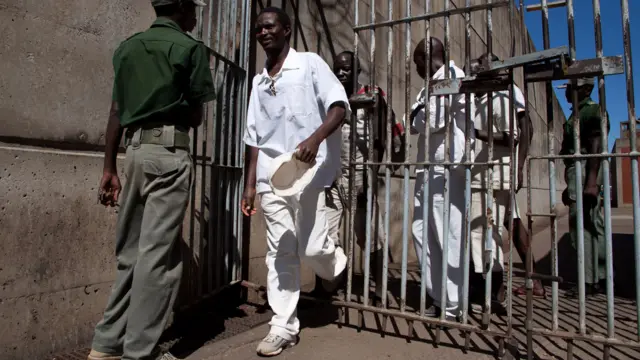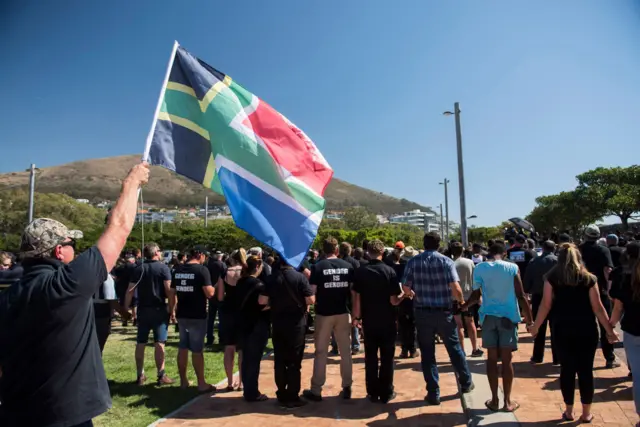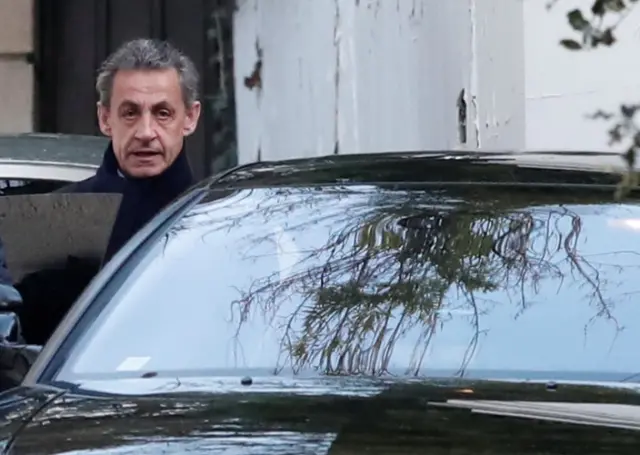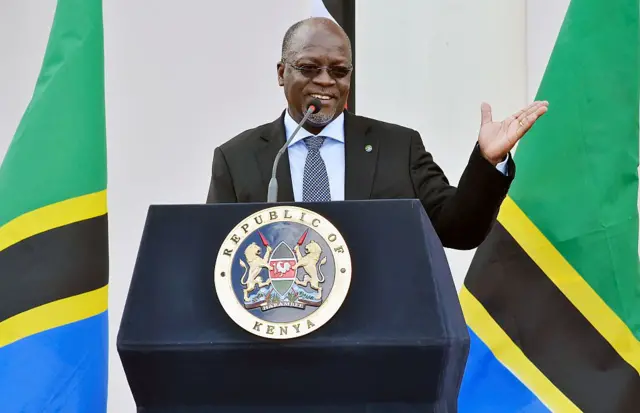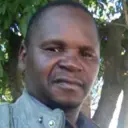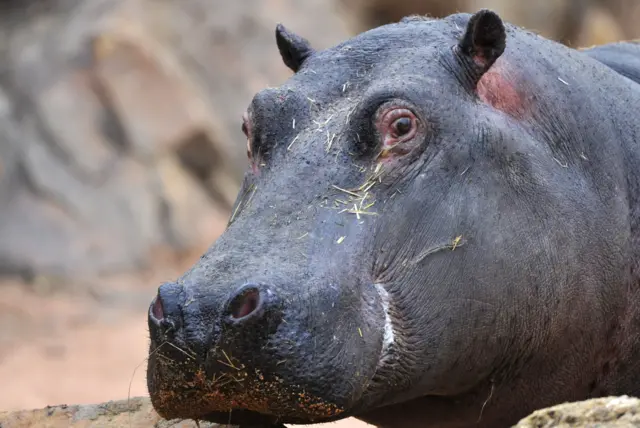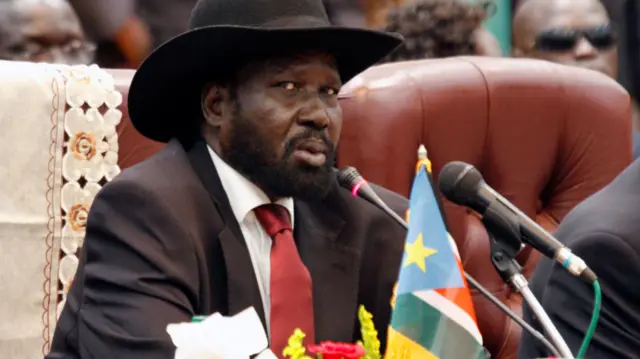'Historic' payout for woman who gave birth on hospital floorpublished at 13:36 GMT 22 March 2018
Victor Kenani
BBC Africa, Nairobi
A pregnant woman who was physically abused when she gave birth at a Kenyan hospital has been awarded $25,000 (£18,000).
Josephine Majani said she was slapped and verbally abused by nurses then left to deliver her baby on her own on the floor, in full view of other people.
Her ordeal with the public health workers was secretly captured on camera by an intern at the hospital.
Delivering his verdict, Bungoma high court judge Abida Aroni said Kenyan health authorities violated Ms Majani’s rights when she was neglected while giving birth at a government hospital in 2013.
Issues related to negligence and mistreatment of patients are common in government hospitals.
This is a rare judgement in a country struggling to improve its maternity healthcare, and the ruling is likely to influence and shape future similar cases.
Many public hospitals in Kenya are ill-equipped to provide women with adequate and dignified maternity services.

